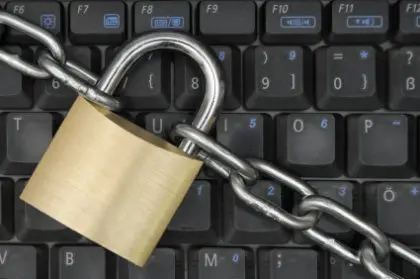The banks’ own systems have proved difficult to attack, and so criminals have turned their attention to getting information directly from online banking customers themselves. The two most common attempted scams currently used by online fraudsters are phishing and spyware.
Phishing
Phishing emails purports to be from your bank or another service such as PayPal. They urge you to click on a link that takes you to a fake website identical to the one you would expect to see. You are then asked to verify your personal security information. If you submit this information you are actually giving it to a fraudster.
To avoid phishing scams you should:
- always be suspicious of emails that are supposedly from your bank.
- always access internet banking sites by typing the bank’s address into your web browser. Never go to a website from a link in an email and then enter personal details.
- never give your login details in full by email or over the phone – your bank will never request them in this way.
- report all phishing emails to reports@banksafeonline.org.uk
- make sure your computer has up-to-date antivirus software and a firewall installed.
- Spyware
This is a type of computer virus that can be installed on your computer without your knowledge. It is capable of logging your keystrokes, thereby capturing your passwords and other personal information.
To make sure you don’t become a victim of spyware, you should:
- always ensure you have up-to-date antivirus and firewall software installed, and ask for technical support if your computer starts acting oddly.
- consider using anti-spyware software. You should also download from the internet the latest security updates, known as patches, for your browser and for your operating system (such as Windows).
- you are also encouraged to make sure your browser is set to the highest level of security notification and monitoring. The safety options are not always activated by default when you install your computer.
- Further information
Other places that you can look to get useful information and advice about banking and shopping safely online include: www.banksafeonline.org.uk, www.getsafeonline.org.uk, www.consumerdirect.gov.uk and www.shopsafeonline.org.uk
Source: www.banksafeonline.org.uk


